“Too many Basquiats. Not enough new artists.”
Black acrylic etches the lines of the first five words atop three stacked yellow crowns that run down the canvas’s vertical. The letters of the last two words—arguably the most prolific—are bold white on top a banner of black at the end, serving as the eyes of a symbolic queen. The background is a sea of baby blue with random strokes of white, red, navy and yellow.
In a way, Tiffany Davis’s anchor of her “American Queen” series—and the series itself, which includes “Never Condense Art,” a spin on Andy Warhol’s infamous soup cans—is both reverence and dismissal. For her series, the 29-year-old West Philadelphia artist (who goes by American Queen TJD (Facebook page)) takes elements from her favorite artists—like Jackson Pollack’s splashes or Jean-Michael Basquiat’s crown—and treats them as foundations for a larger purpose. Davis then washes the distinct trademarks away with her own deeply felt abstract expressionism—each canvas a kaleidoscope of color and words that call to a greater mission.
“Anybody can reproduce anything that Basquiat did, but why would you want to do it?,” Davis said, talking from her hotel room on Sunday as she waited for the Eagles game to begin. “I can probably make a name for myself [if I called] myself the female Basquiat, but why should I have to do that?”
Davis, who works during the day as a program director at Drexel University, hung up the hats of her successful fine art-cum-clothing line Cocky Persona last year in order to concentrate on the canvas-based visual work. It’s art that projects a message, with all canvas infected with the moments taking place in her life or in the world at large. (Her next string of pieces will reflect her recent trial — losing her rented South Philly home this past weekend to a fire. The day of our conversation, she was in the process of moving back to her childhood home at 56th and Larchwood.) You can read it in the words that brand each canvas, like “Waste no time. Live,” “Breathe. Passion proves itself,” “Love you first,” or “Worth, state of mind”—positive reinforcements from the gut. Continue Reading




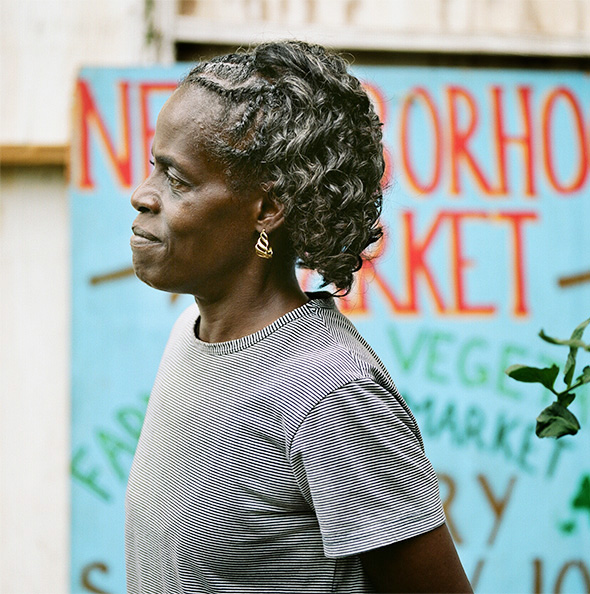
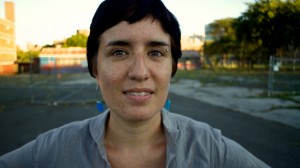
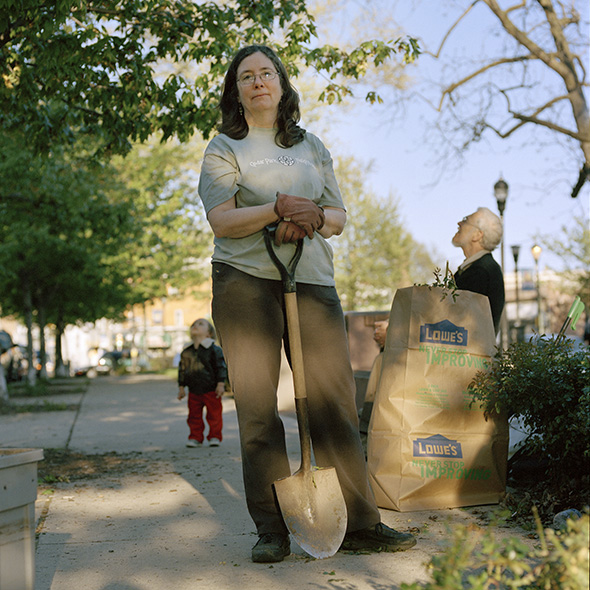
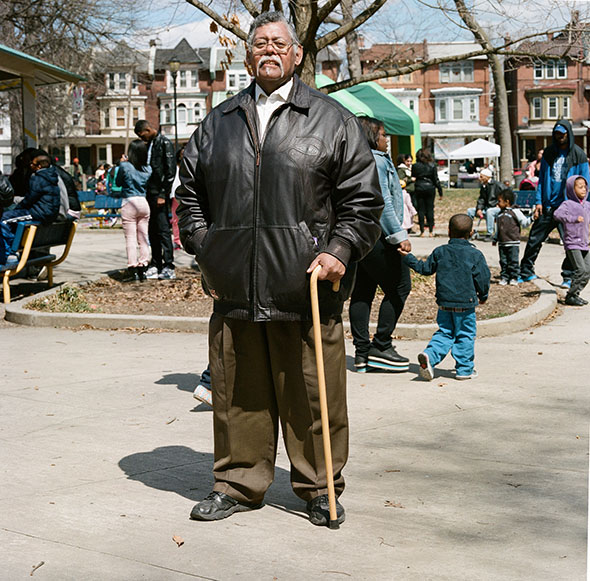
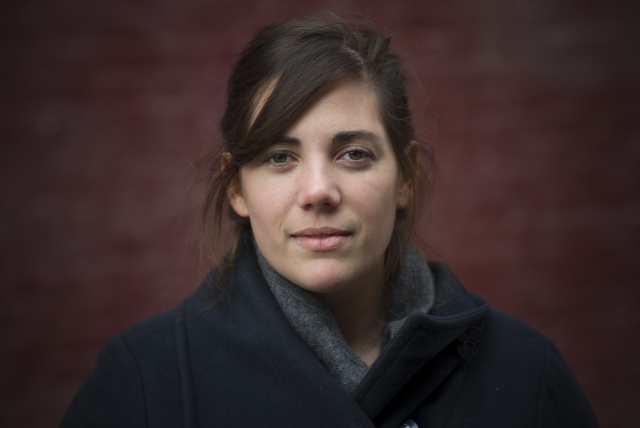






Recent Comments